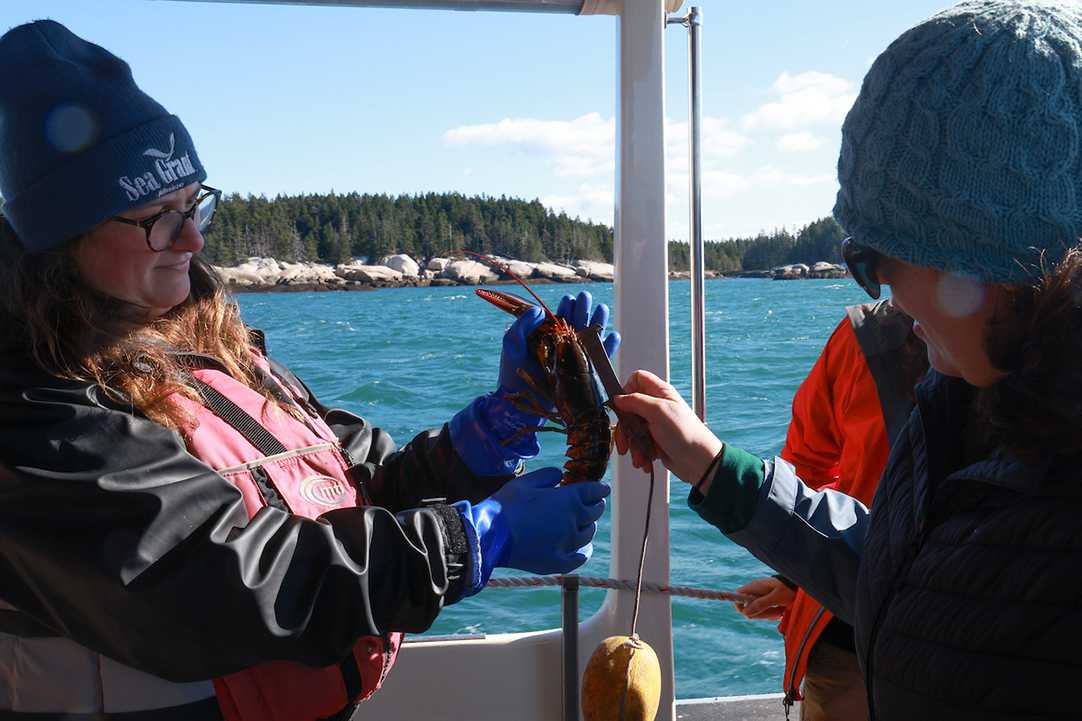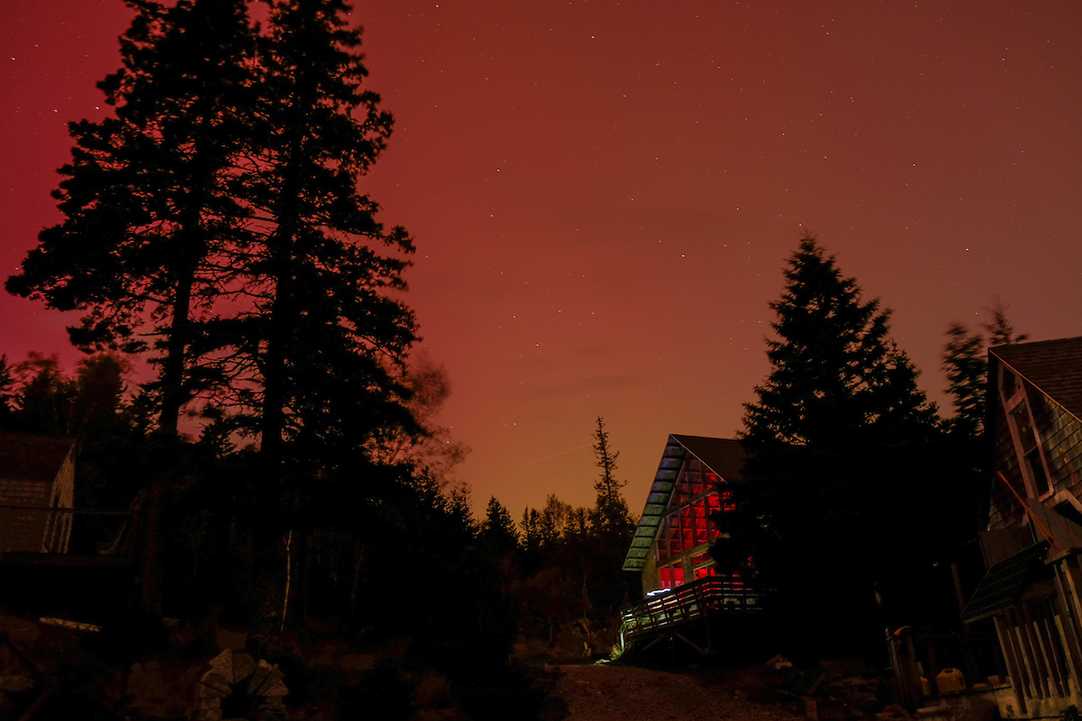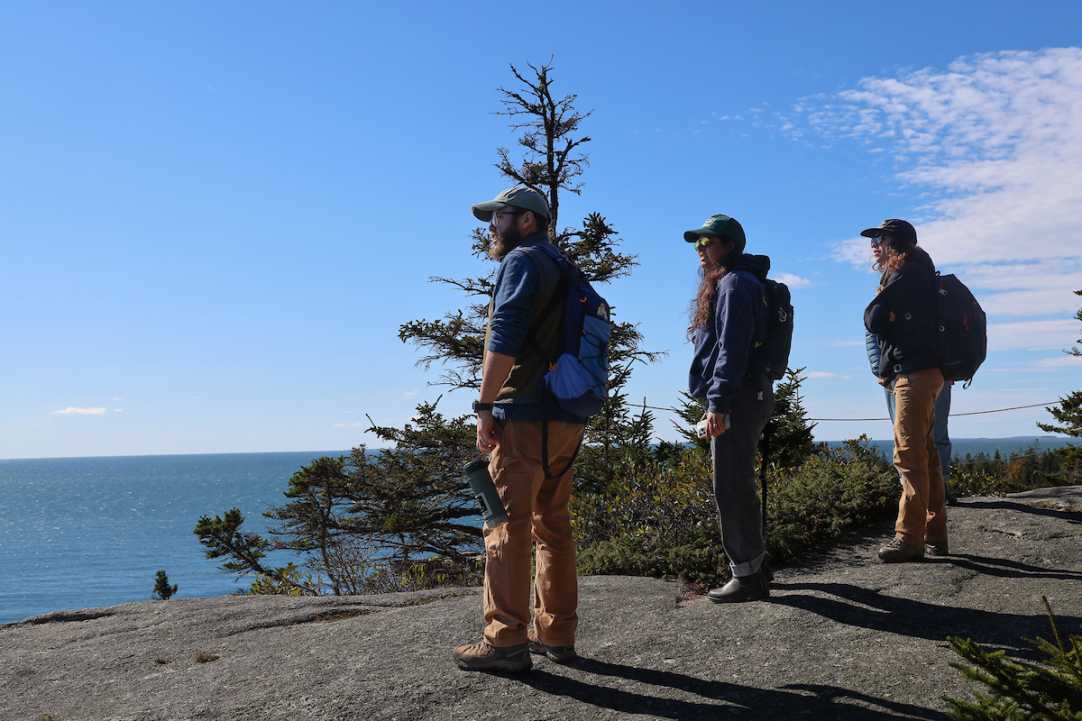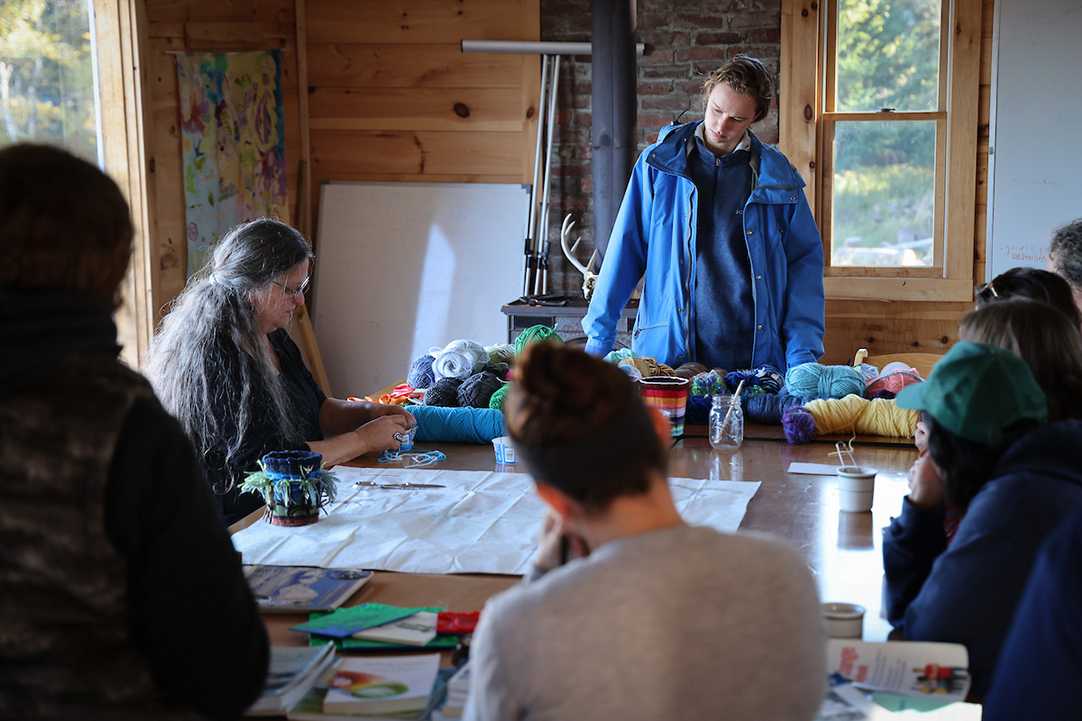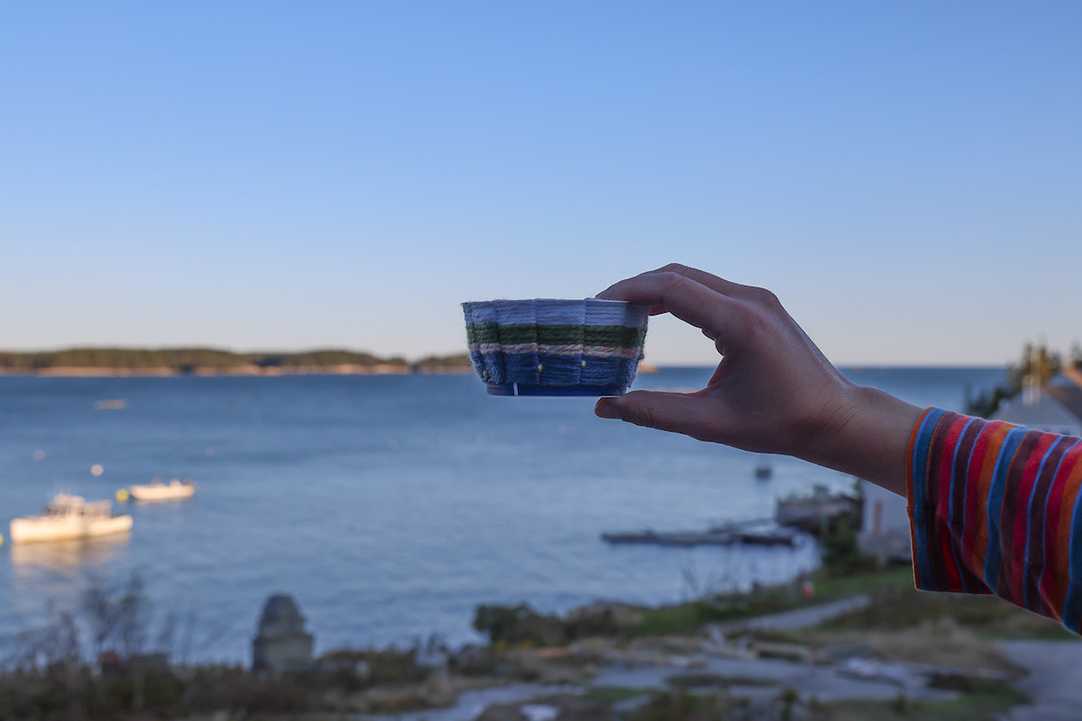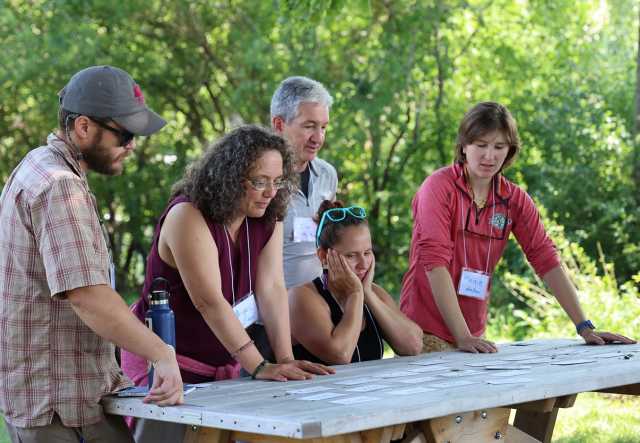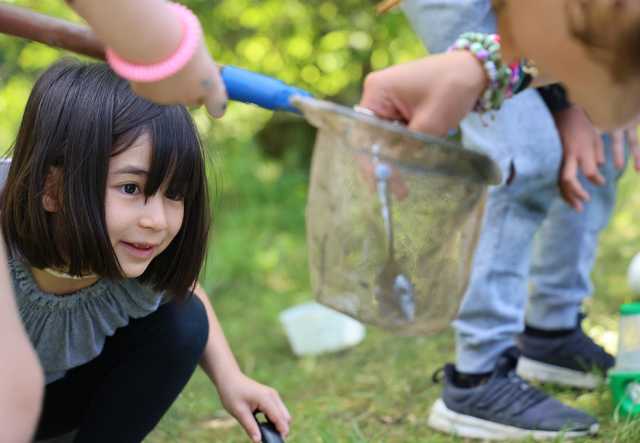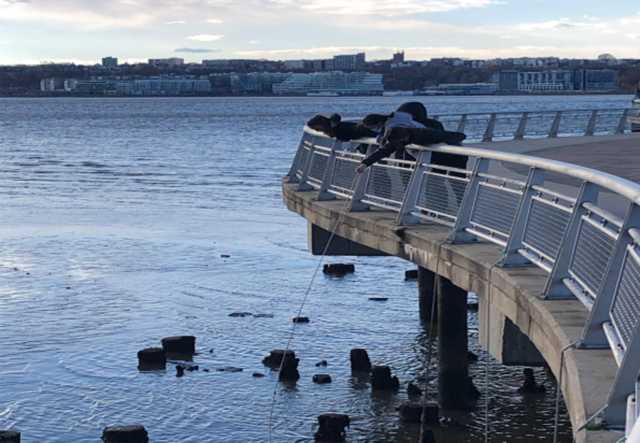What We Can Learn from the Gulf of Maine
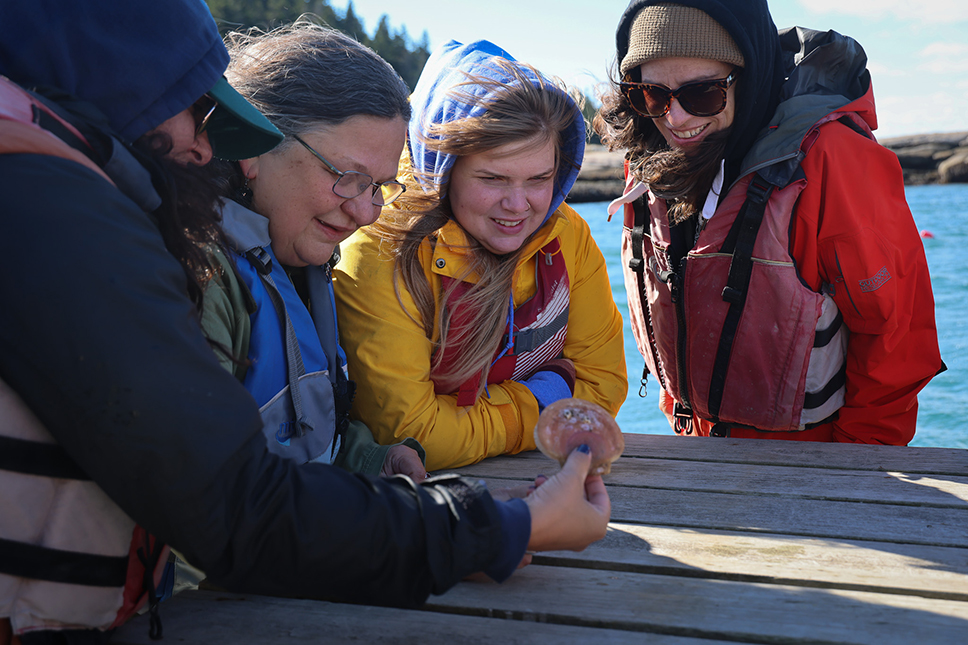
The waters off the coast of Maine, infamous for being bracingly, breathtakingly cold, are telling a new story these days: They’re warming at an alarming rate.
The Gulf of Maine — a large swath of the Atlantic Ocean that extends from Cape Cod to Nova Scotia — is warming faster than 99 percent of the world’s oceans. There are other changes at work in these waters, too: the same emissions contributing to warming have also made the ocean more acidic. As a result of these collective stresses, the region is seeing rapid ecological shifts, including a declining lobster population.
Land and sea are, in many ways, two interconnected systems. What happens in the ocean impacts life on land, even far inland; warmer waters act as fuel for more intense storms like Hurricane Helene, for example. This fall, teachers in Shelburne Farms’ Climate Resiliency Fellowship traveled to Maine’s Hurricane Island Center for Science and Leadership to see the changing waters firsthand, and to learn about the adaptation strategies already underway in maritime communities.
Throughout this year-long climate fellowship program, 16 teachers from around the Northeast are deepening their expertise in teaching about climate change, climate solutions, and in connecting students to place. Shelburne Farms staff educators Aimee Arandia Østensen and Emily Schaller facilitate the journey.
“When people think about taking action, whether it’s for climate, sustainability, or justice, they tend to move too quickly toward action, skipping that step of relationship-building to people and systems,” explains Aimee. “By spending three days in retreat on Hurricane Island, we begin to build a relationship with an ocean that is changing dramatically as a result of human actions, and deepen our understanding of what is needed.”
The retreat included a trip to a floating aquaculture farm; art-making as a way of reading the landscape with Judy Dow, an artist, educator, and historian of French Canadian and Abenaki descent; and a tour of the island’s systems for solar power generation, compost, and fresh water collection. “Being here on an island that’s ten miles off the coast, it brings all of the systems into focus that are otherwise easy to ignore in everyday life when you’re not in such an intimate setting,” says Gretel St. Lawrence, Hurricane Island’s garden educator and a graduate of the University of Vermont/Shelburne Farms Place-Based Education Certificate program.
Liza, an English teacher from New Jersey and current climate fellow, shares, “It was inspiring to experience living in a sustainable community and to be exposed to a different mindset of what a sustainable future might look like.” The retreat has already influenced activities in her classroom: “Students made artwork out of recycled materials and wrote artists’ statements explaining the environmental and personal significance of their creations.”
We don’t know what shifts may come in federal education or climate policies in the years ahead. But we do know that the scientific evidence for climate change is clear — and the vital work of preparing students for an uncertain future must continue.

